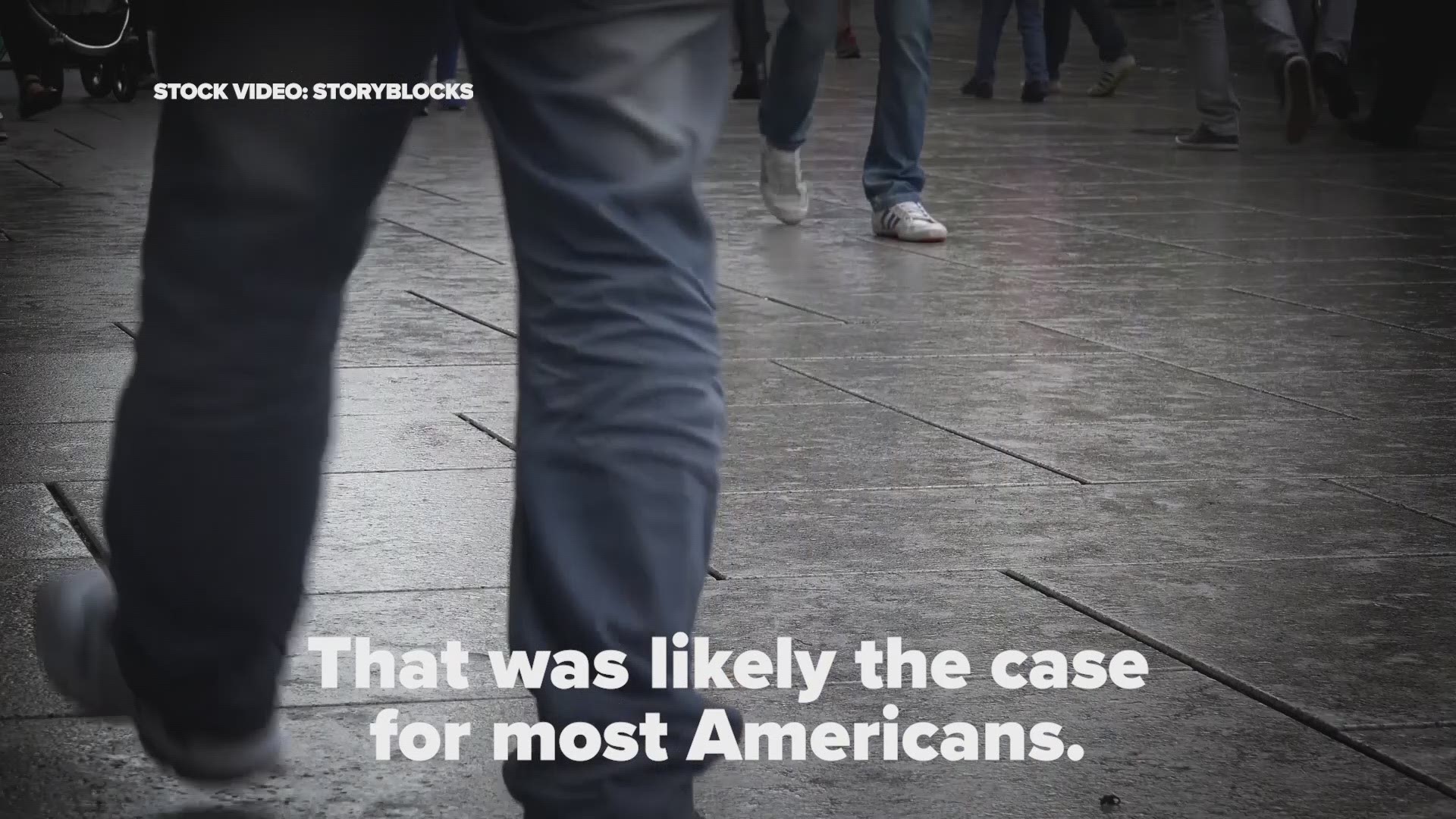MEMPHIS, Tenn. — Elvis Presley's Graceland is temporarily closing in response to the new coronavirus outbreak.
The Memphis, Tennessee-based tourist attraction said Friday that tours of Presley's former home-turned-museum have been called off. Graceland said on its website that it will be temporarily closed from Saturday through April 3.
The tourist attraction is centered on the life and career of the late singer and actor. Presley died in Memphis on Aug. 16, 1977. He was 42.
About 500,000 people, including international travelers, visit Graceland each year. In addition to the museum, Graceland features restaurants, exhibition halls and a concert venue.
Some concerts and events have been re-scheduled, and tickets for tours that won't take place during the closing will be honored within one year of the original tour date, Graceland said.
Graceland's closing amid the global virus outbreak represents yet another blow to Memphis' tourism industry. On Thursday, officials said the Beale Street Music Festival and the World Championship Barbecue Cooking Contest have been postponed because of the new coronavirus outbreak.
Memphis in May officials said in a statement that those two cornerstones of the city's monthlong tourist event have been called off but will be rescheduled for later dates.
The music festival and the barbecue cooking contest are held every year during the Memphis in May celebration in this Mississippi River city. They attract music fans and barbecue cooking teams from around the world.
The Lumineers, Three 6 Mafia, The Avett Brothers, Lil Wayne and The Smashing Pumpkins were among the musical acts scheduled to perform at the music festival.
Other Memphis in May events, including the Great American River Run and an international salute to the African country of Ghana, also have been postponed.
Memphis relies heavily on tourism revenue from Memphis in May. Organizers said they had been instructed by city officials that the events can't be held as originally scheduled.
For most people, the coronavirus causes only mild or moderate symptoms, such as fever and cough. For people with existing health problems and older adults, it can cause more severe illness requiring hospitalization at a time when beds and supplies are scarce.
The vast majority of people recover from the new virus. According to the World Health Organization, people with mild illness recover in about two weeks, while those with more severe illness may take three to six weeks to recover.
___
The Associated Press receives support for health and science coverage from the Howard Hughes Medical Institute's Department of Science Education. The AP is solely responsible for all content.
___
Follow AP coverage of the virus outbreak at https://apnews.com/VirusOutbreak and https://apnews.com/UnderstandingtheOutbreak.
-----------------------------------------
Coronavirus in Context:
The symptoms of coronavirus are similar to the flu or a bad cold. Symptoms include a fever, cough and shortness of breath, according to the Centers for Disease Control.
Most healthy people will have mild symptoms. A study of more than 72,000 patients by the Centers for Disease Control in China showed 80-percent of the cases there were mild.
But infections can cause pneumonia, severe acute respiratory syndrome, kidney failure and even death, according to the World Health Organization. Older people with underlying health conditions are most at risk.
The CDC believes symptoms may appear anywhere from two to 14 days after being exposed.
Lower your risk
- Wash your hands often with soap and water for at least 20 seconds. If soap and water are not available, use an alcohol-based hand sanitizer.
- Avoid touching your eyes, nose, and mouth with unwashed hands.
- Avoid close contact with people who are sick.
- Clean and disinfect frequently touched objects and surfaces.
- If you are 60 or over and have an underlying health condition such as cardiovascular disease, diabetes or respiratory illnesses like asthma or COPD, the World Health Organization advises you to try to avoid crowds or places where you might interact with people who are sick.

